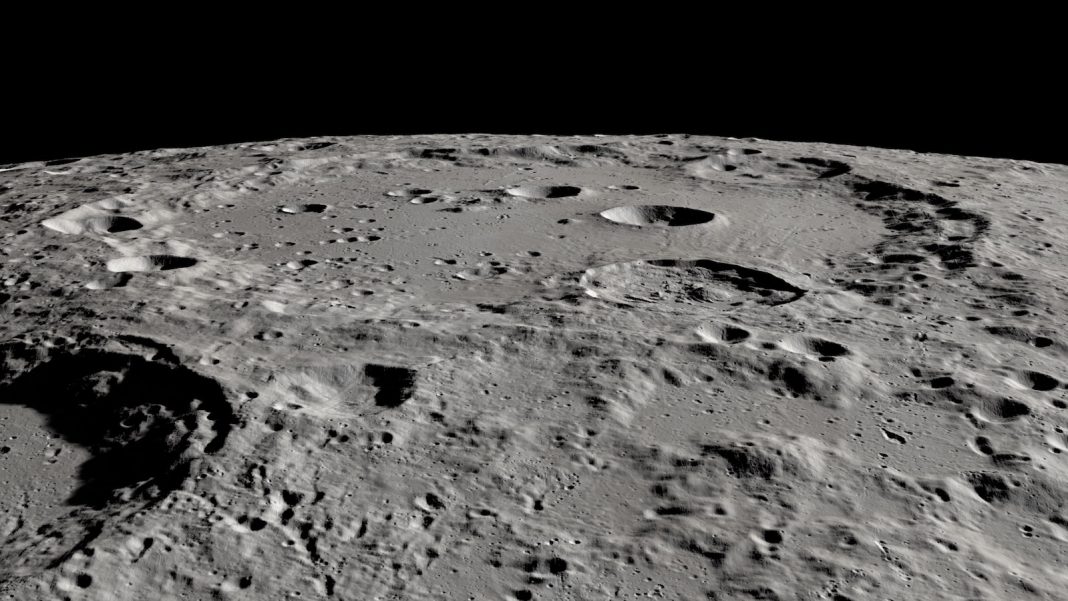Netflix’s drama series The Crown has become a favourite among worldwide audiences in recent years.
It is easy to become deeply absorbed in the series’ compelling storylines, incredible scenery, impeccable acting, and mesmerising soundtrack. Every attempt is made to immerse the viewer into the intriguing world of British royalty – and it works.
One particular episode of season three revolves around the inner journey, the exploring of faith, and the predicament one might be faced with at some point in his or her life: the so-called “midlife crisis”.
Fittingly titled Moondust, which evokes the imagery of desolation and gloom, the episode takes the viewer back to July 1969 and the Apollo 11 mission, culminating with the first Moon landing. The spectacular event sets in motion a deep questioning for the episode’s main character, Prince Philip, leading him to question his royal duties, his achievements, and – ultimately – his faith.
The storyline also introduces a secondary protagonist: the Anglican Church of England, embodyed by the new Dean of Windsor, Robin Woods. Although a pillar of the series since its inception, never before has the Church had such a prominent role in an episode. This makes for a unique interaction between the main character and a man of God.
After winning Philip’s reluctant approval, Dean Woods creates a conservatoire for personal and spiritual growth, a place for priests to come and reflect on their lives. Getting to a certain age – he explains to Philip – one reaches a ceiling and gets in a slump, and it is no different for clergymen.
Prince Philip later joins a group conversation with the “lost” priests on the decreasing church attendance, trying to figure out where intsead people go to fulfill their spiritual needs. To him, the answer is obvious: the Moon, which brought an unprecedented feeling of communion. But then, Dean Woods says what the Moon really is: nothing. Just dust. Silence. A monochromatic void. “We see no God behind those rocks and dust, simply an unknown vastness”, he adds. Deeply disturbed by his words, Philip reacts by blaming the men for their inaction and storms out.
Months later, while the Apollo 11 astronauts attend a reception at Buckingham Palace, Philip jumps at the opportunity to request a private audience with the three men. Much to his disappointment, he finds himself sitting in front of men who are unable to answer any of his deep questions and can only relate to the physical. While on their mission, these men who got so close to God did not make any room for the spiritual.
A pivotal moment ensues for Prince Philip, which is beautifully expressed in his ending monologue. Coming from a place of humility, he admits to having lost his faith and turns to the Dean and these “poor, blocked souls” to find help. He ultimately finds the courage to take his inquisitive mind on a journey within.
Throughout the episode, Prince Philip’s internal struggle is reflected in his low-spirited, subdued demeanour. His disdain for the Dean and all this “sitting around, thinking and talking” reflects his refusal to look inside. As he grows more and more obsessed with the Moon mission, the viewer understands how this obsession mirrors his quest for answers outside of his own mind and heart, further than no man had ever gone before.
The episode serves as a good reminder that, when faced with a crisis of the soul, when the desire to know the truth takes us too far away, let us turn instead to where faith resides. Let us be unafraid to sit in stillness, reflect, and to ask for help. And thus, begin the transformation of oneself.
Cécile Monfort
SIGNIS


